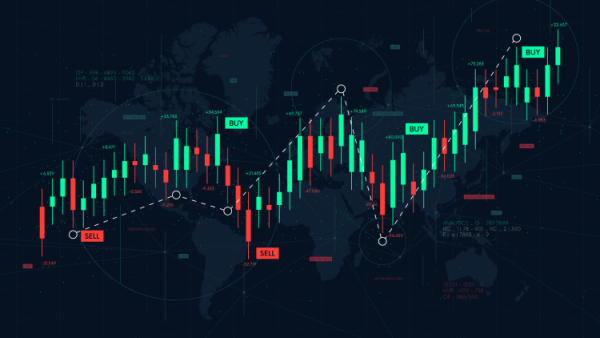
Trading is the buying and selling of financial assets, such as stocks, currencies, commodities or cryptocurrencies, with the objective of obtaining economic benefits from the variations of their prices. Unlike traditional investments, where the focus is on the long term, trading is characterized by being more dynamic, as traders take advantage of market fluctuations in the short, medium or even very short term, as in the case of day trading.
To start trading, the first step is to acquire basic knowledge about financial markets and how they work. It is essential to understand concepts such as technical analysis (study of charts and price trends) and fundamental analysis (evaluation of economic and financial factors that affect an asset). In addition, one must know the different types of trading (scalping, intraday, swing or position trading) to identify which best suits one’s personal objectives.

The next step is to choose a reliable trading platform or broker, since it will be the intermediary to operate in the markets. It is important to investigate aspects such as commissions, broker regulation and the tools offered for analysis and execution of operations. In addition, many platforms have demo accounts, which are ideal for practicing strategies without risking real money.
Risk management is another key aspect when starting out in trading. This involves setting clear limits for profit and loss, diversifying trades and not investing more money than you are willing to lose. A common mistake among beginners is to get carried away by emotion or greed, which can result in significant losses.

Successful trading requires patience, discipline and a constant learning mentality. Markets are volatile and unpredictable, so it is crucial to be prepared for ups and downs. Spending time on continuing education, such as reading books, taking courses or shadowing experienced traders, will help improve skills and make more informed decisions in this competitive financial world.







